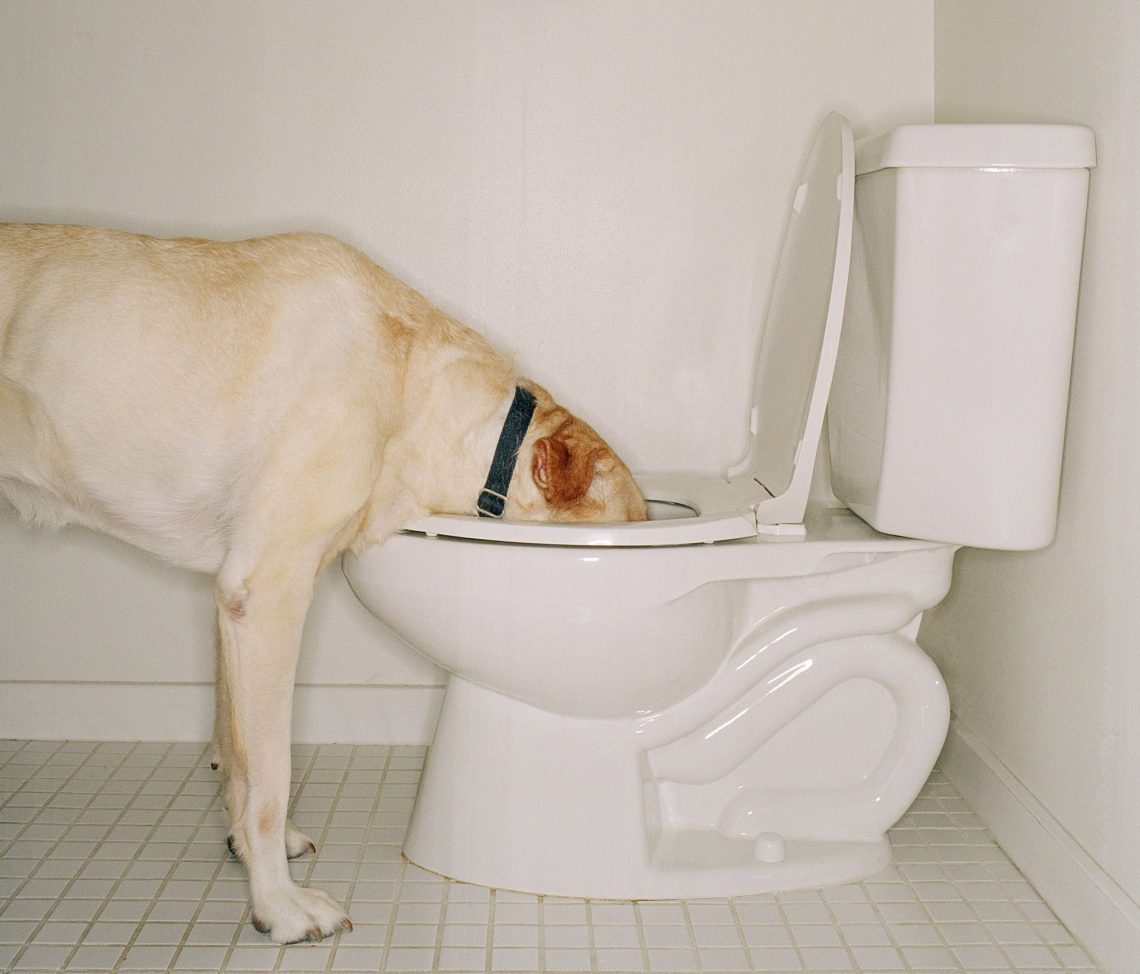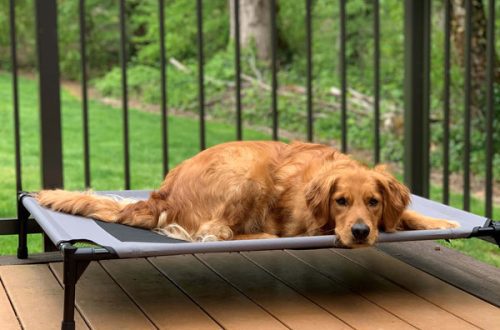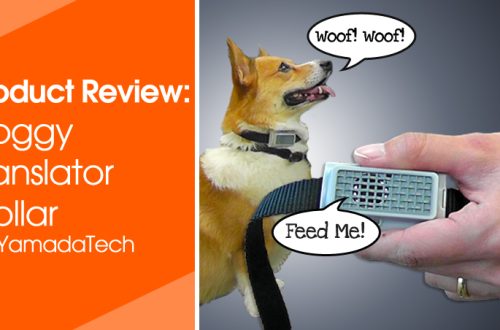
Why did the dog stop going to the toilet
Are you worried that your dog is not pooping or urinating?
Constipation in a dog and an inability to urinate can be serious problems. So what should a pet owner know? This basic information can explain to you what is going on with your puppy. With these facts, you can help your veterinarian find the root of the problem.
When is it a problem?
First, determine if your dog really has a problem. As a starting point, dogs usually walk big once or twice a day.
The American Kennel Club (AKC) lists signs of constipation in a dog. It:
- A break of several days between bowel movements.
- Pebble-like, hard, dry excrement.
- Tenesmus, i.e. when your dog exerts himself with little or no result. Or it produces a small amount of liquid fecal matter with blood.
- Painful or difficult bowel movements, also known as dyschezia.
What causes constipation?
Constipation can be caused by many reasons. Some of them are easy to eliminate, for example, by changing the dog’s diet – adding more fiber to it. However, constipation can also be a sign of a more serious danger, such as a swelling in the colon or rectum, or a bowel obstruction. Veterinarians can usually identify a problem based on where in the digestive tract it originated.
Along with nutrition, the AKC highlights other common problems related to constipation in dogs:
- Aging.
- Activity level.
- Tumors in the gastrointestinal tract.
- Other tumors.
- Diseases of the anal gland.
- Enlargement of the prostate.
- Dehydration or electrolyte imbalance.
- Medications.
- Metabolic disorders.
- Diseases and injuries of the spine.
- Disorders of the central nervous system.
- Stress and psychological problems.
- Orthopedic diseases.
- postoperative problems.
- Other violations of the patency of the digestive tract, for example, as a result of swallowing foreign objects.
If your dog is constipated and it hasn’t been that long since his last bowel movement, there are some solutions you can try at home. For example, add wet dog food to your pet’s diet. The high moisture content of such feeds can help move intestinal contents forward. More frequent exercise with your dog can help, as well as making sure he drinks enough water.
If constipation persists for more than a few days, consult your veterinarian to ensure that it is not the result of any medical condition. Be sure to let your veterinarian know when the dog last defecated, what the consistency of the stool was, what his diet was, and any other signs of a problem. In case of intestinal obstruction, a special procedure may be required to clear the blockage.
Urination
What if the dog doesn’t urinate?
The average healthy adult dog should urinate three to five times a day. A puppy or older dog may need to urinate more frequently.
A dog that doesn’t pee is just as serious a problem as a dog that doesn’t poop. This may be a sign of a health problem. If your dog is truly unable to urinate, the inability of the bladder to remove toxins from the body can quickly be fatal.
The AKC notes the typical causes of urinary problems:
- Infection.
- Stones in the bladder.
- Tumors.
- Kidney disease.
- Spinal injury.
It should also be noted that environmental stressors can also cause an animal to be unable to urinate. A dog that is uncomfortable in its surroundings—for example, due to the recent addition of another dog—may not urinate for a long time. This in itself is not cause for concern. Just give her enough time and opportunity to go to the toilet and she will eventually feel more comfortable.
Your dog and veterinarian are counting on you to spot the first signs of a health problem. That’s why it’s important to pay attention to any changes in your pet’s typical behavior and toilet walks. While it’s not always convenient to watch a pet do its thing, it’s often one of the most visible signs of a dog’s overall health. So if you see changes in her behavior when she relieves or defecates, or changes in stool consistency, don’t hesitate to contact your veterinarian to see if you need to come in for an examination.





